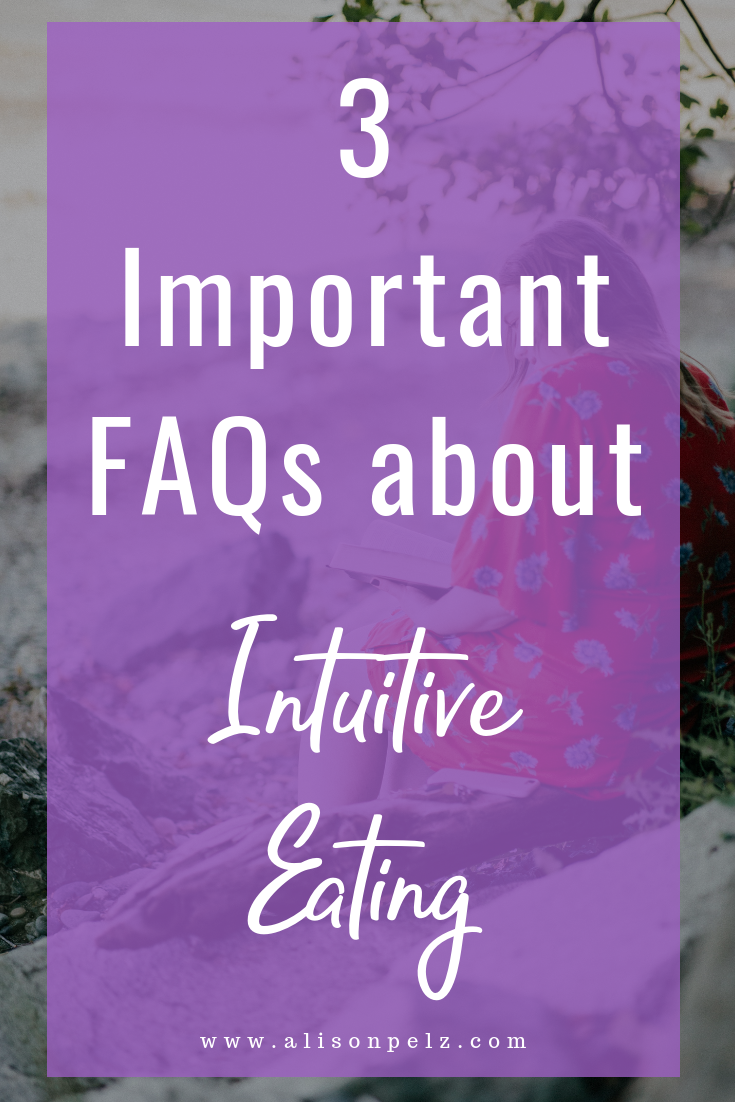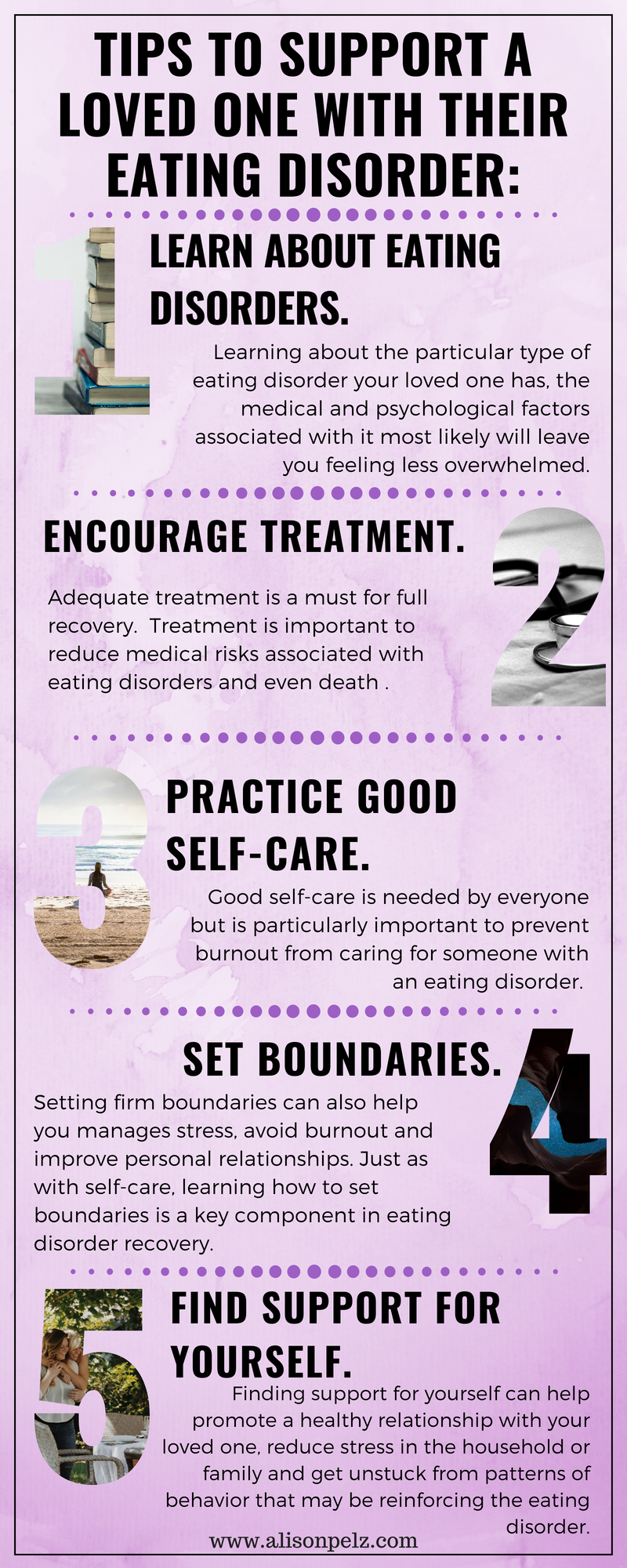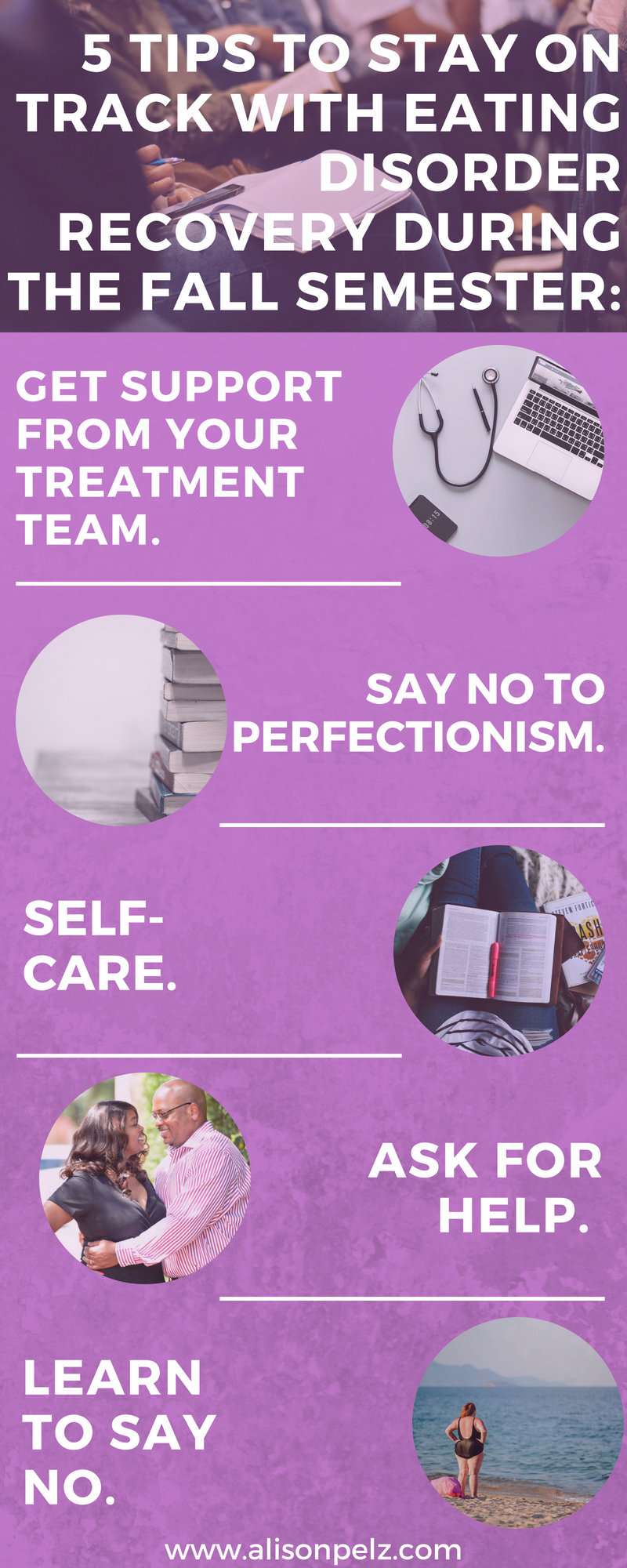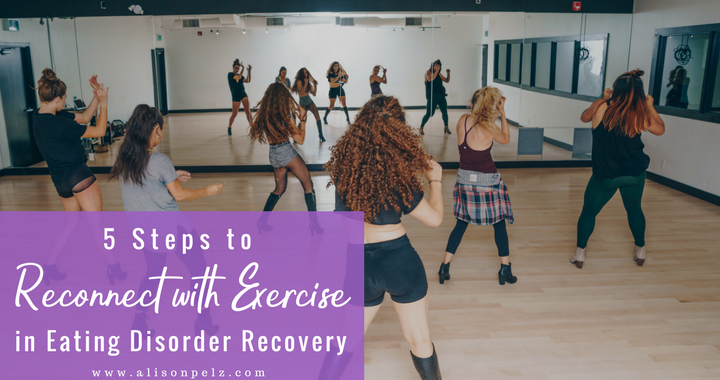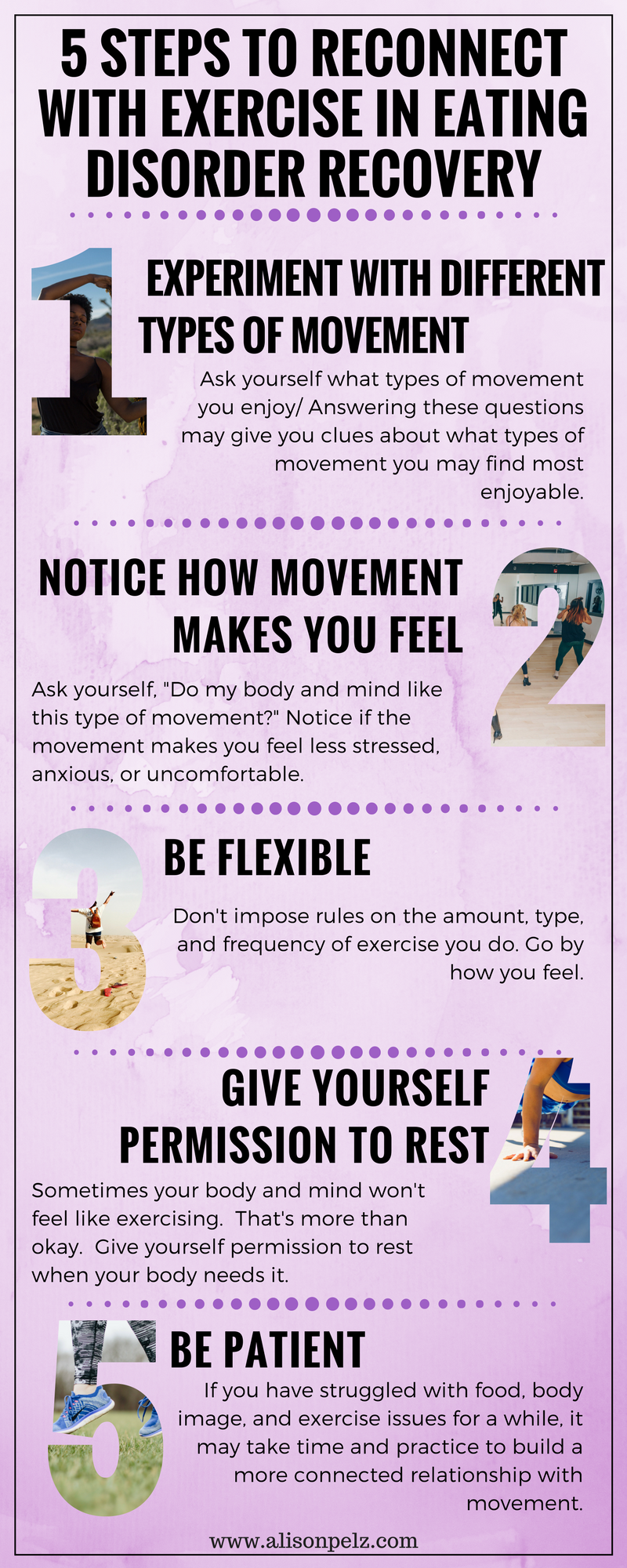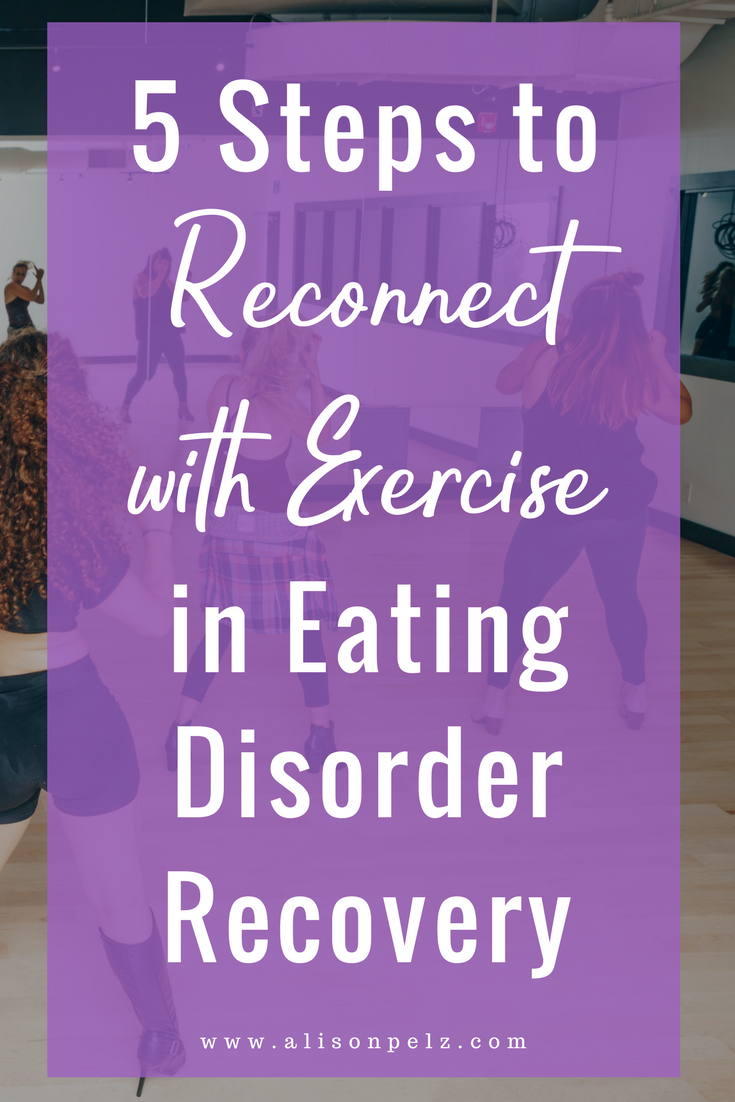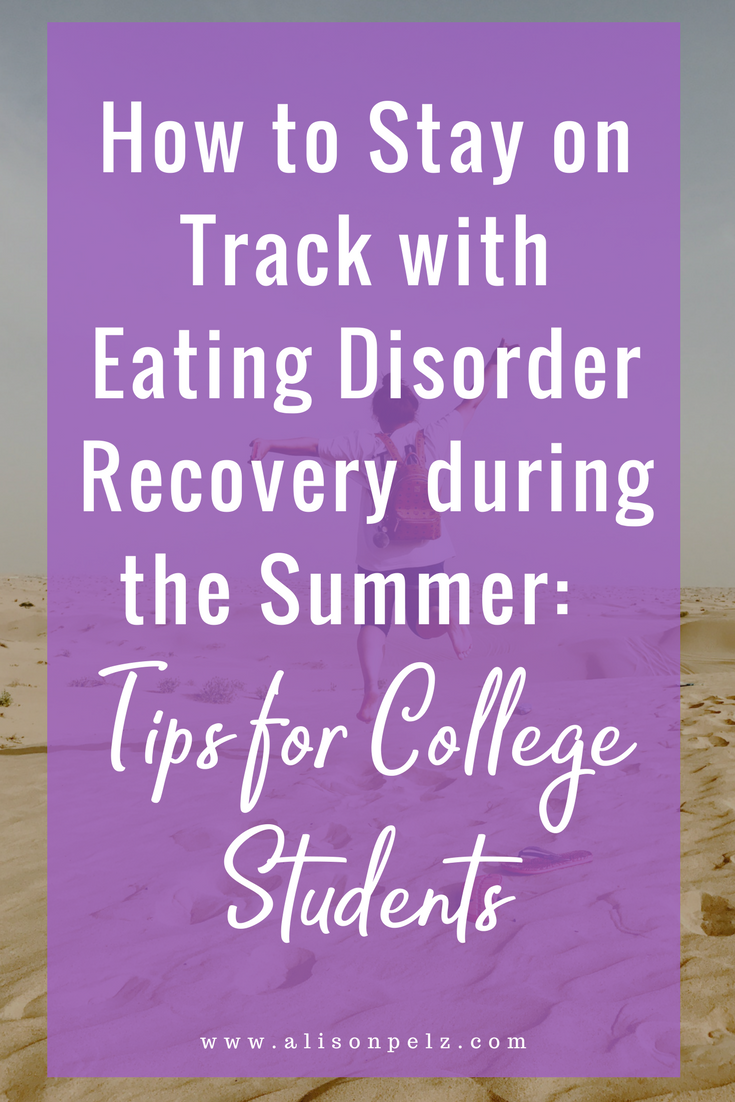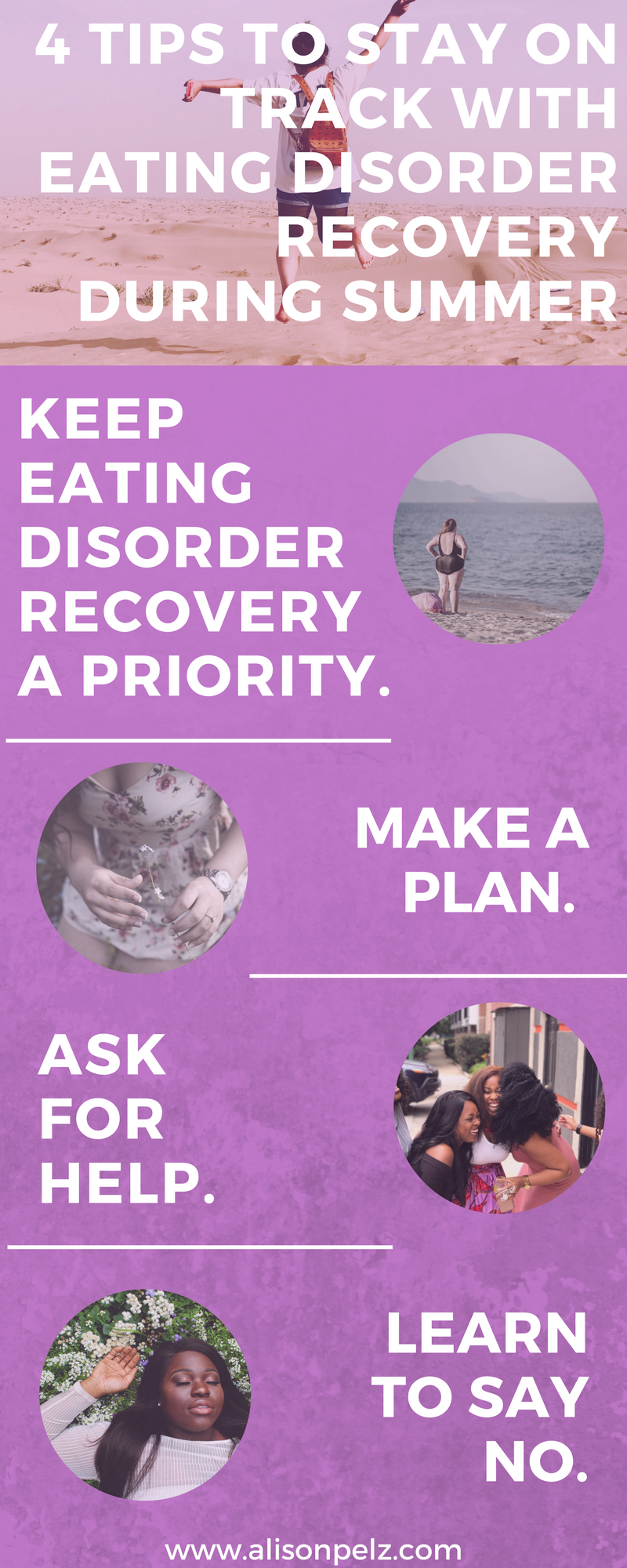It’s that time of year again—back-to-school! If you are in eating disorder recovery, sometimes transitioning back to school can be challenging. But with a little planning, patience, and resolve, you can continue to make progress in recovery.
I know my kids are excited about going back to school, sort of. They are looking forward to seeing all of their friends and being involved in sports, but not necessarily looking forward to the school work.
Hopefully this summer you have had a much-needed rest from writing papers, taking exams, and late-night study sessions. Maybe you did some traveling, worked, or just spent time with family and friends.
No matter what you did this summer, you can prepare yourself for a smooth transition back to school without interrupting your eating disorder recovery.
Pitfalls of eating disorder recovery when returning back to school:
1. Change in routine.
Returning to school, of course, can be exciting with seeing all of your friends. You may be even excited to start new coursework. However, change in routine when in recovery can be tough. Routines make us feel comfortable because we know what to expect. Routines can help you stay on track with your meal plan, treatment appointments, and sleeping habits. Disruption in routine can mean a disruption of established patterns of recovery.
2. More demands.
Returning to school is associated with an increase in demands and deadlines due to coursework plus navigating relationships, social life, extracurricular activities, and for some, a part-time job. It is not unusual to see an increase in eating disorder thoughts and even symptoms when stress increases.
3. Increase in independence.
You probably love the independence of living on your own or with roommates and making your own choices when at school. If you spent a good portion of your summer with loved ones, you may have their support in your treatment and recovery. Of course, as an emerging adult, having your parents’ input may feel somewhat annoying after a while. But in any case, as you ease your way back into school, you may have increased stress because your support system isn’t readily available.
4. Comparison Trap.
It is in our DNA to compare ourselves with others. Evolutionarily, comparison helped us decipher threats from safety. As our brain has evolved, comparison has been used to help with our social-neural network. It helps us learn more about ourselves—for example, what we are good at and what we are not.
I knew early on in life I was not going to be a mathematician, and I am sure comparing myself to others helped me understand that. But I did understand that I was good in the sciences. This is an example of how comparisons can be helpful, not harmful.
Conversely, comparing ourselves with others all of the time can be detrimental. During adolescence and young adulthood, it is easy to fall into the comparison trap, constantly comparing yourself to others as you are trying to figure out who you are away from your family. The comparison trap can be especially challenging for those in recovery because it can make you second guess what you are eating, how you are exercising, and other health behaviors.
5. Diet culture.
In the world of eating disorder treatment, the constant barrage of messages about dieting and how we should look is termed “diet culture.” Diet culture is alive and well in our country. It feels like on college campuses, diet culture is “on steroids,” so to speak. It reinforces the habit of comparing ourselves to others to see how we are supposed to look and feed ourselves. Instead of teaching us to listen to what our own body needs, it makes us question how we feed ourselves. It makes us feel disconnected from our bodies and food. Conversely, a key component of eating disorder recovery is to tune into our bodies and tune out societal messages. Diet culture can easily make you feel like a fish swimming upstream.
Although there are some potential obstacles to eating disorder recovery when returning to school, there are several ways to keep the momentum of recovery going over the fall semester.
5 tips to stay on track with eating disorder recovery during the fall semester:
1. Get support from your treatment team.
Seek support early on in the semester, even if you think you don’t need it. You may have made strides over the summer in your recovery. Extra support during schedule changes can help you move light years ahead in your recovery. Whatever your fall schedule looks like, strategize ahead of time. How are you going to keep on top of your meal plan, self-care, and treatment appointments? Collaborate with your treatment team in advance about your schedule.
2. Say no to perfectionism.
There is a quote that goes, “Strive for progress, not perfection.” I love this quote and often say it to myself. Most folks with eating disorders do struggle with perfectionism. As perfectionists, we can want to do a good job and put in lots of effort in our work. However, striving to be perfect when we live in an imperfect world can be paralyzing, exhausting, and it can erode our self-esteem. Perfectionism can flare up eating disorder symptoms as well.
School and peer groups can also trigger some of those thoughts of having to be perfect or the best. So as you are setting academic, social, and personal goals this semester, focus on progress and doing a “good enough” job rather than a perfect one.
3. Self-care.
Often, folks think that taking care of themselves is an act of selfishness. Self-care is not being selfish. Self-care is about paying attention to your physical and emotional needs in order for you to avoid burnout, whether it be from school, in recovery, or in life.
Practicing self-care helps you to have the physical and emotional energy to thrive. Self-care could include: taking a bath, getting a pedicure, getting adequate sleep, connecting with a friend, setting boundaries (saying “no”), doing something creative, spending time alone, and giving yourself permission to simply be.
4. Ask for help.
Talk with your family, loved ones, or support person about how you plan to stay on track with your eating disorder recovery. Discuss potential areas of concern, learn how to ask for help, and communicate areas of success to loved ones. Interact regularly with your treatment team, particularly if you feel like you are struggling.
5. Learn to say no.
Taking on too much, particularly early on in eating disorder recovery, is an easy way to get derailed. This may mean saying “no” to fun social engagements, taking less coursework, or working fewer hours at a job. Do you want to learn how to say no confidently?
While there are ways to hinder eating disorder recovery over the semester, with planning and persistence, you can keep recovery front and center!


